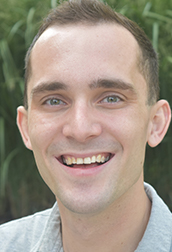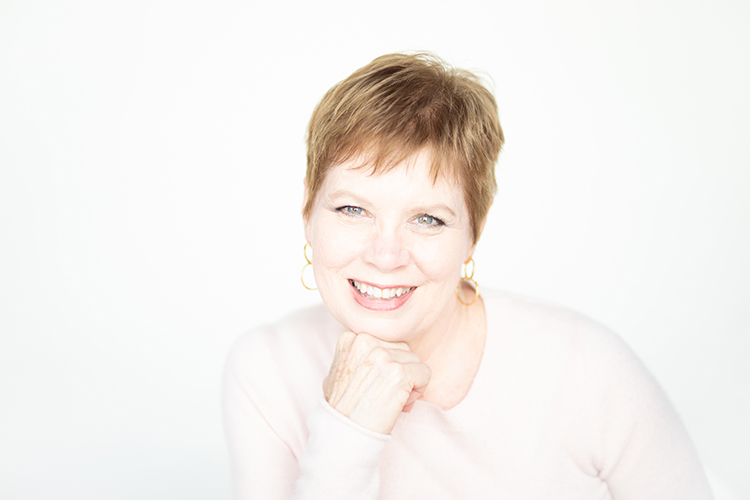By Tyler Heston, Minister to Youth
It’s easy to be anxious in our world today. As November 2020 grows closer, our country is nervous about what’s next. Life as normal is coming to a halt across the globe as COVID-19 spreads. On top of these things and the plethora of personal concerns in our individual lives, many of us are still trying to think about how we can best respond to the predictions scientists have made about the growing uninhabitability of our planet. How can we work together to care for our planet and our climate among everything else?
While many of these concerns are new within our history as humanity, we as a species have long been anxious about the world in which we live. I’m currently taking a class on the Gospel of Matthew, and the course material has painted a clear picture of the world from which the scripture originated. We’ve learned about how the Gospel was likely written in the ancient city of Antioch, in modern day Turkey. Two thousand years ago, Antioch was home to something like 150,000 or 200,00 people; it was a small city by our standards today, but the city was squeezed into a small, two square miles, making it between three and six times as dense as New York City is today.
Poor people saw the most brutal side of this density; they also made up a majority of the population. The best scholarship suggests that only about 2 percent of the Roman population were the rich and elite and that nearly 70 percent of people were poor— struggling to meet their daily needs of food and shelter. Those in the middle may have enjoyed some sense of stability, but only few enjoyed any excess of food or money— they were nothing like the contemporary middle class. This all means that most of those who first read the Gospel of Matthew were poor people in an overpopulated, dirty city. They struggled for stability in their common lives (or for the lucky few, struggling to help those around them) and longed for the day of God’s kingdom, in which the rich would share their possessions with the poor (Matthew 19).
The brutal economic landscape and other political turmoil created tense anxiety that was in the air as ancient Jesus-followers received and proclaimed the message of hope that centers our faith today. In a world ridden with destitution and disease, they spoke of God’s kingdom as like a mustard seed— a small thing that could grow into “the greatest of shrubs and becomes a tree, so that the birds of the air come and make nests in its branches.” (13:32). They spoke of resurrection— that the one who fed and healed people and preached about loving your neighbor, even your enemy, could not be defeated by death on a cross.
These words of resurrection and hope were, and still are, an audacious message. They are spoken not with ignorance to the things that make us anxious, from ancient to modern threats to survival and well being; they come from a deep knowing of how bad things can be. We each know ourselves how bad things can be. And we need a gospel, good news, for our world today. We need good news that while the things that make us anxious may indeed be things about which we should be concerned, the eternal kingdom of God that we read about in the Gospel of Matthew is indeed something that lives on, is with us today, and weaves with us and through us a better world for all people. (Matthew 28:20)




